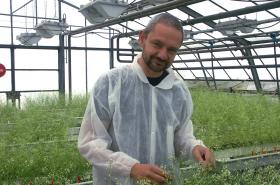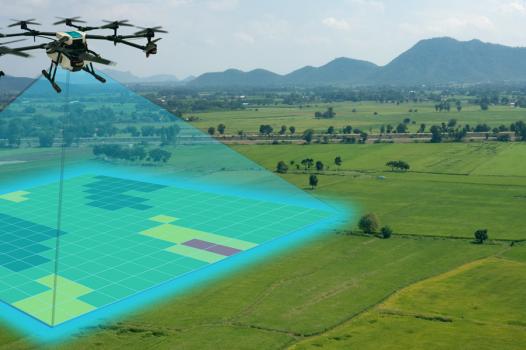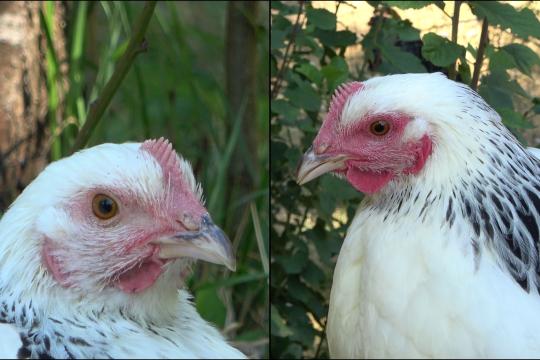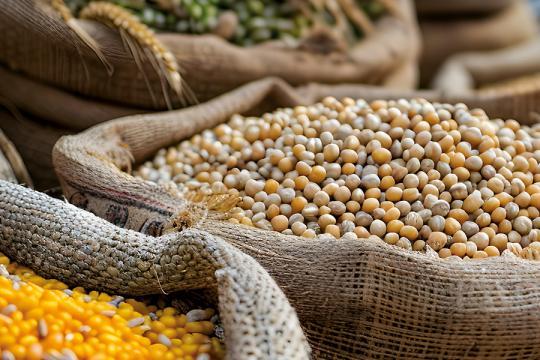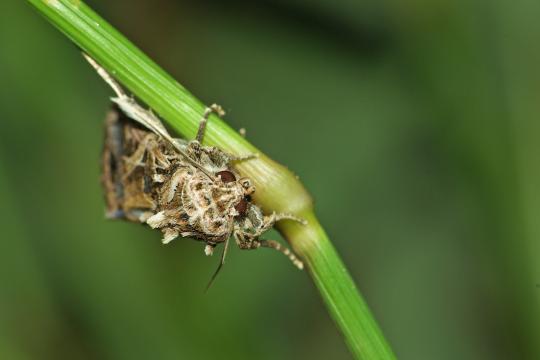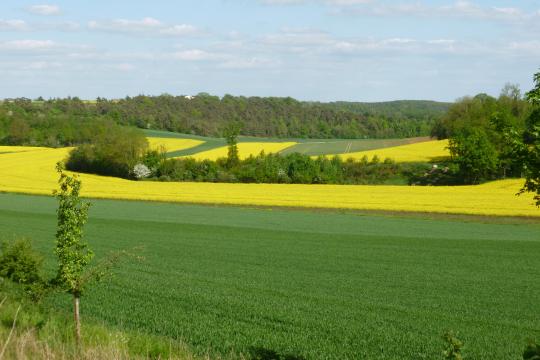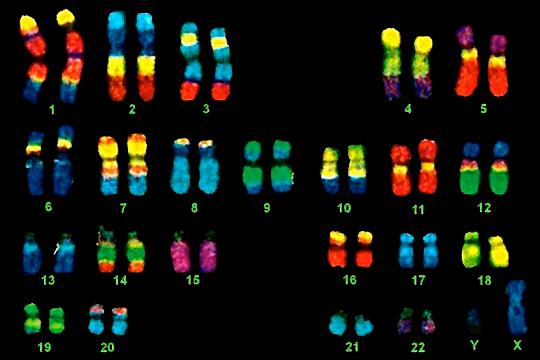Agroecology
Agroecology provides a promising innovative framework for developing solutions to the major global challenges we are facing: food security, climate change, the loss of biodiversity, and the depletion of natural resources. There are several agroecological techniques for ensuring good production levels while also reducing the use of inputs and preserving both soils and water resources. One of these techniques is biological control, which limits the prevalence of diseases and pests using their natural enemies (e.g., birds, insects, and beneficial micro-organisms). Its use can promote biodiversity in cultivated habitats. Crop diversification, another technique, also enhances biodiversity at the field to landscape level and reduces input levels. Agroecology serves as a helpful framework for thinking about the relationships between crop and livestock production within France's regions, as well as among all the organisms present in these ecosystems. This shift in approach will lead to more diverse production systems and products and thereby induce a multitude of changes in dietary regimes.
Agroecology, for multi-function agricultural systems
At INRAE, we perform research that will contribute to the UN's 2015 sustainable development goals. We are using agroecology to explore how we can transition towards low-input multi-function agricultural systems that are less fossil fuel dependent.
Agroecology, a profound change
This research builds on basic knowledge about the different components of cultivated ecosystems: soils, plants, and animals, as well as their pathogens or symbionts. Genetics and biotechnological tools are deployed to increase the stress tolerance of plants and animals that are infected with pathogens, in poor physical condition, or facing unfavourable climatic conditions. This new type of agriculture will exploit a suite of novel solutions that draw on biological control, the integrated management of animal health, research on the complementary facets of crop and livestock production, and the diversification of production systems and landscapes. We will use experiments, analysis, and modelling to design new agricultural systems. These major changes will be enhanced and accelerated by digital resources (e.g., new sensors, robotics, information processing, artificial intelligence, and traceability).
Key results

The potato is the number one non-grain food crop in the world. It is attacked by a plethora of pathogens, which farmers have been managing with an arsenal of pesticides for over 70 years. However, that arsenal is ever shrinking. For 30 years, INRA's "potato team” has dedicated itself heart and soul to developing alternative strategies, such as the use of resistant varieties, pathogen detection tools, and innovative farming systems. This research has resulted in tangible benefits for human health and the environment. The team’s work has earned its members the 2019 INRA Science with an Impact Award.
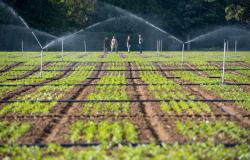
Work by the rapeseed research group has yielded innovations that affect the ways in which we farm and raise livestock as well as the food and fuel we consume. The group has established dynamic collaborations with private partners in agribusiness and food production. Its research provides a shining example of science with an impact.

The Cattle Genetics and Genomics Team at INRAE (born January 1, 2020 from the merger of INRA and IRSTEA) Jouy-en-Josas has started a revolution in livestock production. By developing a new way for the industry to select sires, the team made it possible for the widest range of livestock farmers to better align their breeding programmes with their desired outcomes. Genomic selection improves a farm’s competitiveness, the quality of its products and the health of its animals, and will contribute to reducing the impact of livestock farming on the environment.
Our fields of research
Our research runs the gamut from basic plant biology, with the study of plant genomes and how they function, to understanding all aspects of cultivated ecosystems, from interactions between the soil, plants, animals and microorganisms, integrated management of plant and animal health, and the design of innovative agricultural systems.
> Read reports and emblematic cases from our research in these areas. New issues will regularly be posted for this topic.

